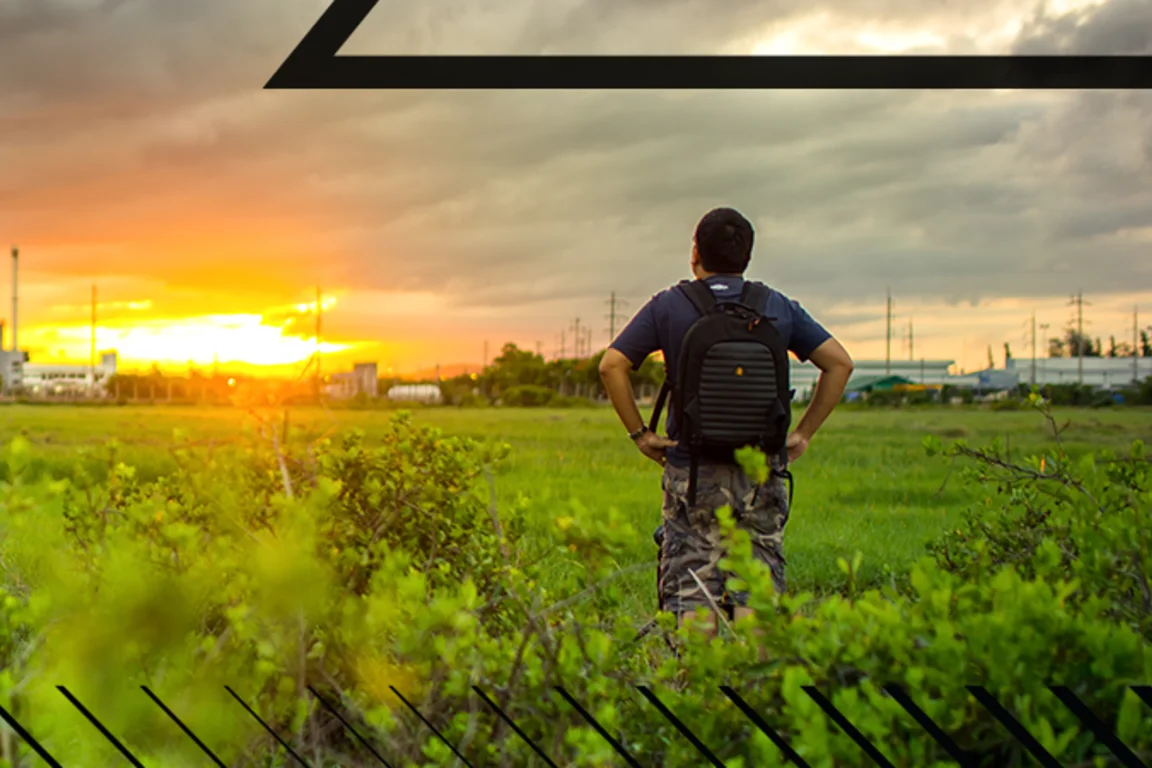Reaching net zero through decarbonisation and a culture of sustainability
TDP are a 30-year-old small SME designing and manufacturing sustainable, environmentally friendly furniture using recycled plastic waste. In their own words, they are a business “with a long-term commitment to protecting the environment”. Something that led to them being honoured with one the first King's Awards for Enterprise in the Sustainable Development Category in 2023.
Sustainability is reflected in the Derbyshire-based firm’s products, an environmentally responsible supply chain and their social values in providing a caring working environment. By using recycled plastics they are minimising waste, helping reduce CO2 levels and keeping pollutants out of our rivers and oceans. They also challenge the ‘take-make-discard’ model by supporting the circular economy in keeping resources in the value chain. TDP’s fully closed loop recycling programme for plastic offcuts takes these offsite for processing and 100% recycling. The firm are now investigating a buy or take-back system for the product at its end of life (40-50 years).
TDP have pledged to be net zero carbon by 2040 and started reporting this year on their emissions. They have a publicly available carbon management plan and are aiming for 10% reduction in year 1. It is easy to reduce in the early years of any programme just by making small changes like LED lights, installing energy efficient heating but they accept that their manufacturing process will need to be addressed so are trying to get a head start by monitoring machine use.
TDP use a consultant to convert the scope 1, 2, and 3 data that they collect on carbon emissions. Remarkably, they have no scope 2 emissions due to their use of energy from renewable sources. Their scope 3 emissions are far higher than scope 1 emissions, as the business is operated on lean principles and its carbon emissions are already 50% lower than the average manufacturing business of comparable size. The profiles they use for the design and manufacture of their outdoor furniture are made from recycled plastics.
They are working with Sheffield University on a technology that can mould difficult-to-use external plastic waste-streams to come up with a new product. They are also looking to reduce the number of components from 14 to 3 in a chair frame, which cuts labour demand and production time but it does need balancing against mould-making costs. This decarbonisation-driven initiative has allowed TDP to grow by 20% while reducing scope 1 emissions and they are collaborating with suppliers to tackle scope 3 emissions.
The firm are looking at digitalising the whole process from orders to design and anticipate cost savings mainly from labour savings, with decarbonisation as a by-product. Their new digital tool for product design was secured through a Made Smarter grant and avoids 20-30 prototypes per project and a lot of paper.
On the process itself, TDP aim to maximise energy efficiency even if all their energy is from renewables. Running their only CNC machine overtime can add 25% of energy costs so a second new and more efficient CNC machine has reduced the need for overtime, cut energy usage in some areas, and made the process more efficient. The current dust extractor they use is very energy intensive; and a new one, now on order, will be 40% more efficient. Last year, they also put a new boiler in place for their offices and replaced radiators, both of which will achieve a 20% reduction in gas usage.
Regarding logistics, they keep their vehicles for as long as possible to ensure sustainability, while they also monitor their own delivery journey times to measure and cut emissions. Some 95% of TDP’s deliveries are made by large third-party logistics companies which, the firm admits, makes it very difficult to influence them and have much impact on reducing emissions on that front. Although they say their own journeys are all within a 25-mile radius.
Their scope 3 emissions come mostly from the materials they purchase and delivery transport. They have always chosen suppliers carefully based on their environmental and social credentials and, following ISO14001, contacted them (starting with the top three) with a questionnaire and a decarbonisation programme. They work collaboratively with them to make carbon savings by looking at alternative raw materials and components that have much less of an impact.
The firm are phasing out products in their range that are having an environmental impact, which should achieve a saving of 15 tonnes of CO2e. They have also installed electric charging points for customers and staff to encourage EVs. Many customers ask about their green credentials too, which is a major incentive to decarbonise.
On their efforts, TDP Owner Rob Barlow says:
“Net zero takes time out of running or growing the business, and it’s harder to grasp the benefits - but they do exist and it needs a mindset shift to see them. Being forefront leaders, we are always trying to find more best practices, through meetings with other businesses for deeper dives. Through this, to date we have saved:
-
over 4,300 tonnes of recycled plastic waste from landfill and our oceans.
-
over 10,000 trees from being felled.
-
24,090 tonnes of carbon from being released.
“It is our goal to increase our services within the next five years to further reduce waste plastic and other materials ending up in landfill.”
